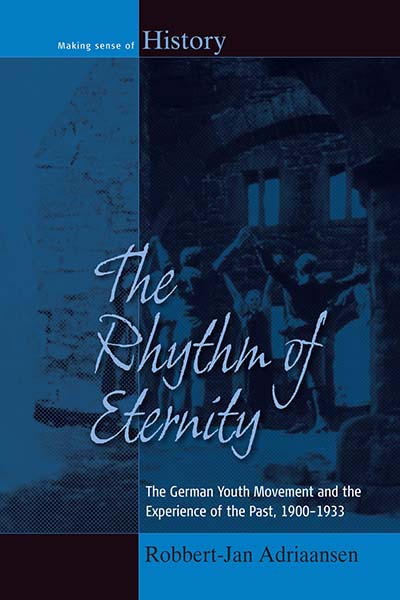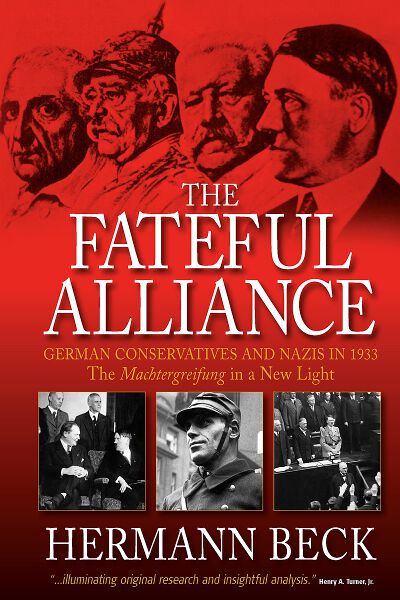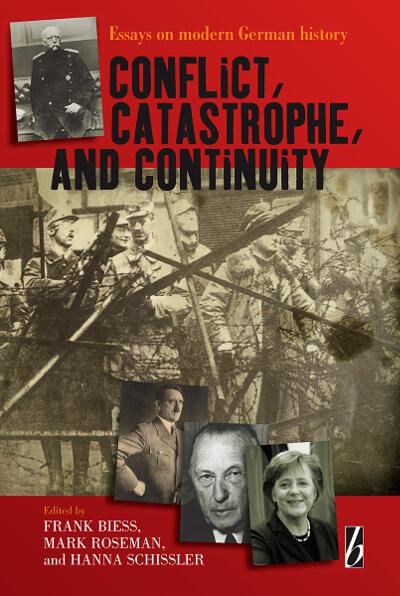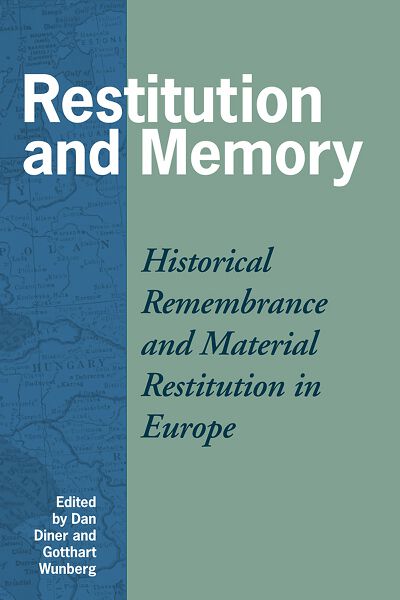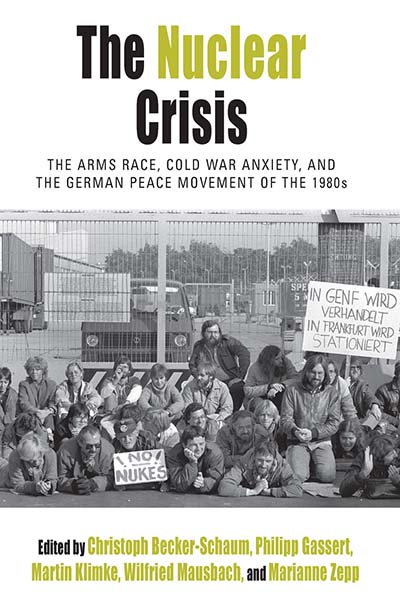
Series
Volume 19
Protest, Culture & Society
See Related
History JournalsEmail Newsletters
Sign up for our email newsletters to get customized updates on new Berghahn publications.
The Nuclear Crisis
The Arms Race, Cold War Anxiety, and the German Peace Movement of the 1980s
Edited by Christoph Becker-Schaum, Philipp Gassert, Wilfried Mausbach, Martin Klimke, and Marianne Zepp
392 pages, 42 illus., bibliog., index
ISBN 978-1-78533-267-8 $150.00/£115.00 / Hb / Published (October 2016)
ISBN 978-1-78920-509-1 $39.95/£31.95 / Pb / Published (November 2019)
eISBN 978-1-78533-268-5 eBook
Reviews
“Overall, this work provides an outstanding multidimensional framework of the nuclear crisis and its resulting peace movement. The chapters adequately detail the crisis, the political environment that led to the Double-Track Decision, and the progression of the peace movement throughout Germany and on an international level. I recommend this volume to anyone seeking information on German politics during the Cold War and to researchers or academics with an interest in social movements and their effects on society, morality, and politics.” • H-Net Reviews
“[This volume consists] of nineteen erudite and informative contributions by an extraordinary series of contributors -- making it an unreservedly recommended publication for college and university library Nuclear Weapons & Warfare History, War & Peace, and Political Advocacy collections.” • Midwest Book Review
“This volume is a well-conceived collection of different approaches to the events of the “Nuclear Crisis” and the reactions of a large, broad and heterogeneous peace movement. It is especially through its multidimensional description also well suited as an introduction to this topic. With the help of this volume is seems possible to ‘learn from history,’ because who considers the arguments and discussion threads of the debates will recognize much in the contemporary themes of the peace movement.” • Forschungsjournal Soziale Bewegungen
“This is an important volume on a key phase of the Cold War, one that will be of interest to scholars, but can also be assigned to undergraduate and graduate students. The various chapters build on each other beautifully, forming a coherent whole. Aside from a couple of rough spots, they are beautifully written, though they originally appeared in German. A list of abbreviations and annotated bibliographies at the end of each chapter make this volume highly reader-friendly.” • German History
“The breadth and balance of this collection make it an excellent introduction to the strategic challenges and nuclear anxieties of the Second Cold War. In giving such detailed coverage of the 1980s, it represents a kind of milestone in the historicization of peace movements.” • William Glenn Gray, Purdue University
“With great conceptual clarity, the contributions to this volume offer innovative perspectives on the connections between international and domestic politics, the renegotiation of ‘peace’ in the political arena, and questions of collective agency. One of its great strengths is its multi-dimensional approach, integrating traditional methods of studying policy and diplomacy with an astute and precise analysis of media, protest actions, grass-roots activism, and the gendering of peace and protest.” • Benjamin Ziemann, University of Sheffield
Description
In 1983, more than one million Germans joined together to protest NATO’s deployment of nuclear missiles in Europe. International media overflowed with images of marches, rallies, and human chains as protesters blockaded depots and agitated for disarmament. Though they failed to halt the deployment, the episode was a decisive one for German society, revealing deep divisions in the nation’s political culture while continuing to mobilize activists. This volume provides a comprehensive reference work on the “Euromissiles” crisis as experienced by its various protagonists, analyzing NATO’s diplomatic and military maneuvering and tracing the political, cultural, and moral discourses that surrounded the missiles’ deployment in East and West Germany.
Christoph Becker-Schaum is the Director of the Green Memory Archive at the Heinrich Böll Foundation in Berlin.
Philipp Gassert is a Professor of Contemporary History at the University of Mannheim and a past deputy director of the German Historical Institute, Washington, DC. His publications include America’s Wars (co-written with Alexander Emmerich, 2015).
Martin Klimke is Associate Dean of Humanities and Associate Professor of History at New York University Abu Dhabi. He is the author of The Other Alliance: Global Protest and Student Unrest in West Germany and the US, 1962–1972 (2010) and co-author of A Breath of Freedom: The Civil Rights Struggle, African‐American GIs, and Germany (2010).
Wilfried Mausbach is the Executive Director of the Heidelberg Center for American Studies (HCA) at Heidelberg University. He is the coeditor of The American Presidency: Multidisciplinary Perspectives (2012) and of Changing the World, Changing Oneself: Political Protest and Collective Identities in West Germany and the U.S. in the 1960s and 1970s (2010).
Marianne Zepp was Program Director for Contemporary History at the Heinrich Böll Foundation in Berlin. She is the coeditor of Politische Gewalt in Deutschland: Ursprünge – Ausprägungen – Konsequenzen (Göttingen: Wallstein 2014).

